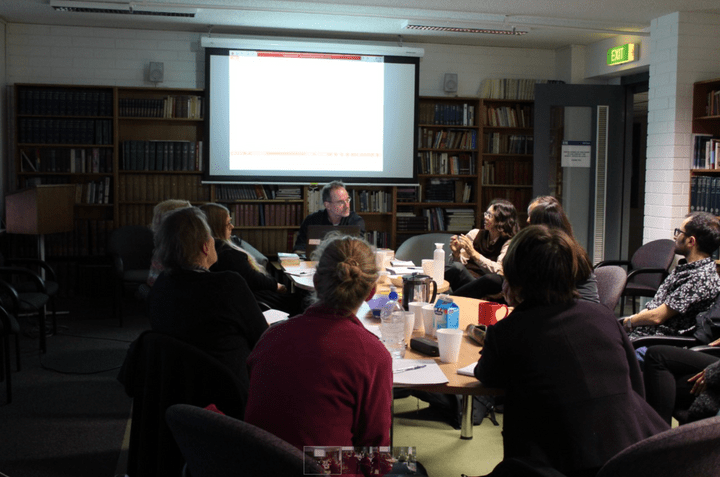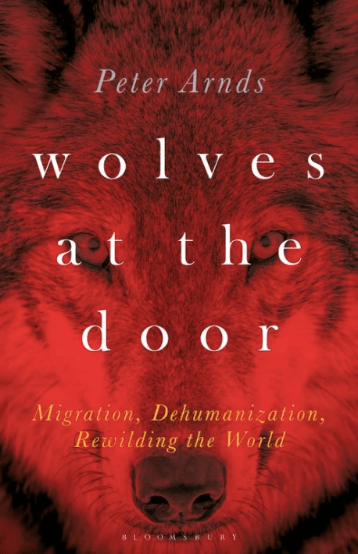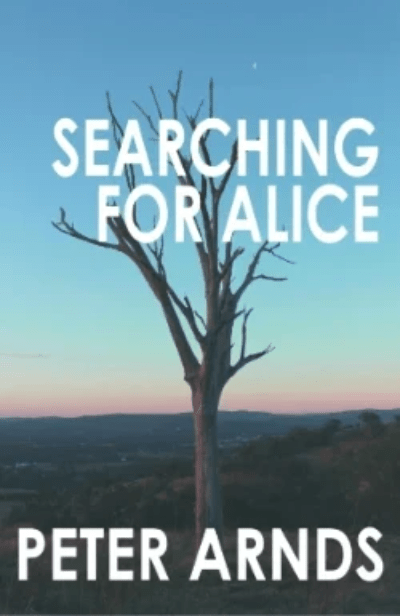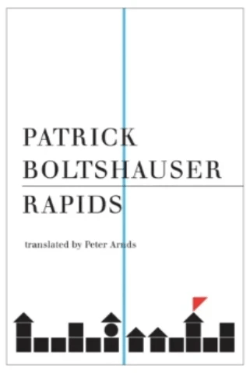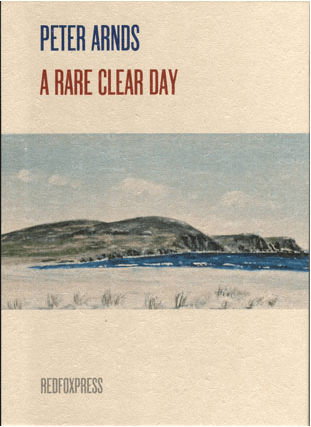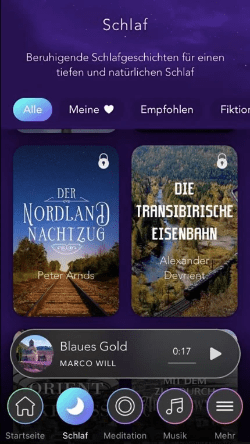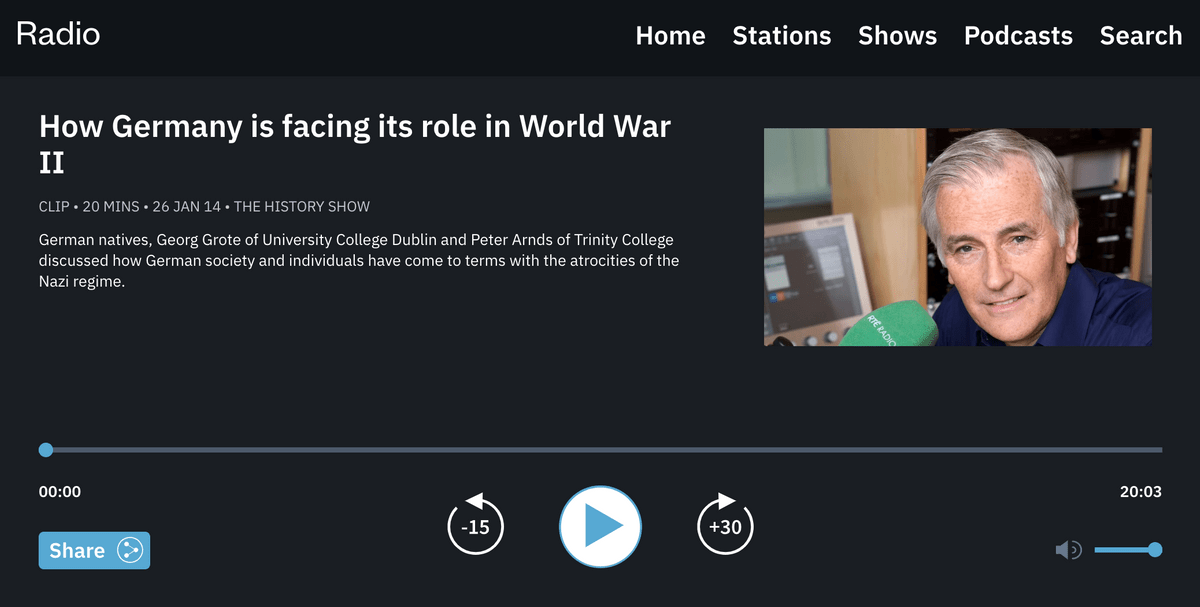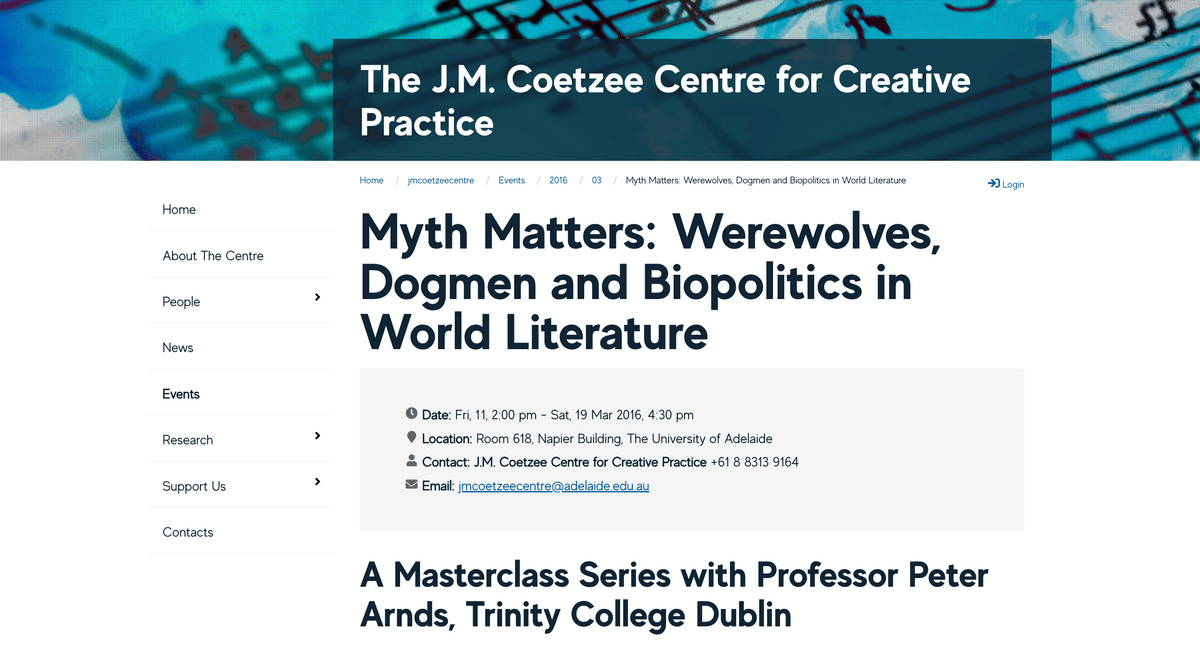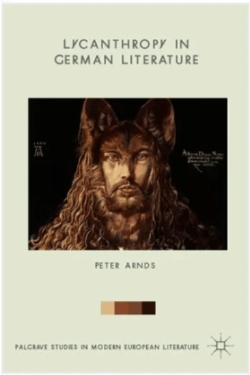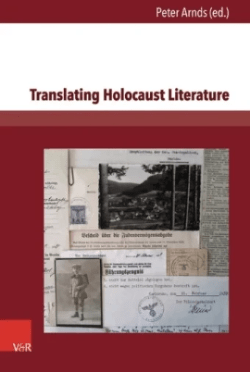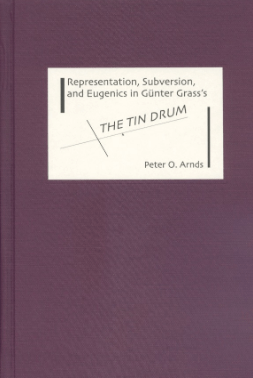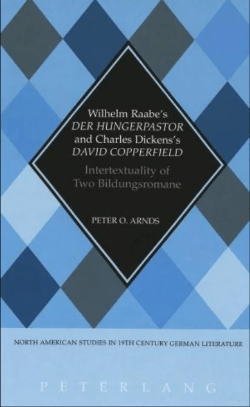
ABOUT ME
Dr. Peter Arnds
Director, Comparative Literature Postgraduate Programme
Fellow, Trinity College Dublin
Member, Academia Europaea (elected in 2018)
I am an author, translator and academic working at Trinity College Dublin. I was born and raised in the north of Germany but moved south to earn my Magistum in Munich. obtained my doctorate at the University of Toronto. My novel "Searching for Alice" was published by Dalkey Archive Press in 2019 and I have published numerous short stories and poems in literary magazines including Cyphers and the York Literary Review. My illustrated book of poetry "A Rare Clear Day" was created during my stay on Achill Island as the Writer-in-Residence at the Heinrich Böll Cottagem, and in 2016 my translation of Rapids by Swiss writer/playwright Patrick Bolthauser was longlisted for the International Dublin Literary Award (IMPAC).
My academic work includes four published monographs and a recently finished book-length study in the Environmental Humanities, an edited volume on Holocaust literature in translation, and over 60 journal articles and book chapters.
"Bestia Sacra: An Eco-Literary Approach to Dehumanization and Genocide" is my forthcoming book on human/non-human cultural and metaphorical entanglements and biopolitics in world literature.
Recent Books
Wolves at the Door: Migration, Dehumanization, Rewilding the World
Bloomsbury, Comparative Literature Series, 2021, 232 pages.
In view of the current rhetoric surrounding the global migrant crisis—with politicians comparing refugees with animals and media reports warning of migrants swarming like insects or trespassing like wolves—this timely study explores the cultural origins of the language and imagery of dehumanization.
Situated at the junction of literature, politics, and ecocriticism, Wolves at the Door traces the history of the wolf metaphor in discussions of race, gender, colonialism, fascism, and ecology. How have ‘Gypsies’, Jews, Native Americans but also ‘wayward’ women been ‘wolfed’ in literature and politics? How has the wolf myth been exploited by Hitler, Mussolini and Turkish ultra-nationalism? How do right-wing politicians today exploit the reappearance of wolves in Central Europe in the context of the migration discourse? And while their reintroduction in places like Yellowstone has fuelled heated debates, what is the wolf’s role in ecological rewilding and for the restoration of biodiversity?
In today’s fraught political climate, Wolves at the Door alerts readers to the links between stereotypical images, their cultural history, and their political consequences. It raises awareness about xenophobia and the dangers of nationalist idolatry, but also highlights how literature and the visual arts employ the wolf myth for alternative messages of tolerance and cultural diversity.
Searching for Alice
Dalkey Archive Press, Germanic Literature Series, 2018, 207 pages.
Sehnsucht: the yearning for faraway people or places. When Jonathan graduates from university with a degree in literature his father hands him two gifts: an alarm clock and the chance to work in the family business. But Jonathan has different plans. Leaving behind his eccentric family and stifling German hometown, he embarks on a hitchhiking adventure through Australia in search of Alice, an exchange student he knew back in school who left mysteriously one night without explanation.This stunning and rich debut novel is a story about coming of age and coming to terms with the past. Searching for Alice explores the lure of the open road and the joys of traversing geographic borders, language barriers, and cultural boundaries.
Literary Translation
Rapids
German-to-English translation of Swiss writer & playwright Patrick Boltshauser's novel "Stromschnellen"
Longlisted for the IMPAC prize (Dublin International Literary Award) in 2016
Reviewed in the Times Literary Supplement, July 30th, 2014
Poetry Chapbook
A Rare Clear Day
Published by Redfox Press, 2014.
Hand bound, 15 x 19 cm
44 pages, Hardcover.Poetry and watercolour illustrations of
Achill Island in Western Ireland,
created during my 2014 stay as a
Writer-in-Residence at theHeinrich Böll Cottage.
Narration

The German version of the award-winning app CALM features my narration of two stories.
Requires subscription to the
Calm App (German version)

MIT DEM ZUG DURCH ABERYSTWYTH

DER NORDLAND NACHTZUG
Interviews

RTE Radio
The History Show
Syntalk Podcast
SynTalk interviews Comparative Literature Professor Peter Arnds, (Trinity College, Dublin)
Dr. Prasenjit Biswas, NEHU, Shillong, & Dr. Devdutt Pattanaik, Mumbai
- Trinity Journal of Literary Translation


War - Vol. 7, Issue 1 - 2018

Academic Books
Below are some of my older monographs in Comparative Literature, German Studies and Literary Translation

Lycanthropy in German Literature
Palgrave Macmilan, Studies in Modern European Literature, October 2015. 207 pages.
Lycanthropy in German Literature argues that as a symbol of both power and parasitism, the human wolf of the Germanic Middle Ages is iconic to the representation of the persecution of undesirables in the German cultural imagination from the early modern age to the post-war literary scene.

Translating Holocaust Literature
Peter Arnds, Editor. Published by Vandenhoeck & Ruprecht, 2015, 156 pages.
In his testimony on his survival in Auschwitz Primo Levi said “our language lacks words to express this offense, the demolition of a man”. If language, if any language, lacks the words to express the experience of the concentration camps, how does one write the unspeakable? How can it then be translated? The limits of representation and translation seem to be closely linked when it comes to writing about the Holocaust – whether as fiction, memoir, testimony – a phenomenon the current study examines. While there is a spate of literature about the impossibility to represent the Holocaust, not much has been written on the links between translation in its specific linguistic sense, translation studies, and the Holocaust, a niche this volume aims to fill.

Representation, Subversion, and Eugenics in Günter Grass’s
The Tin Drum.Camden House, 2004, 192 pages.
This monograph offers a completely new reading of the world classic 'The Tin Drum ', and analyzes an aspect of Gunter Grass's literary treatment of German history that has never been examined in detail: the Nazi ideology of race and eugenics, which resulted in the persecution of so-called asocials as "life unworthy of life," their extermination in psychiatric institutions in the Third Reich, and their marginalization in the Adenauer period. Arnds's comparative study reveals that Grass creates an irrational counterculture opposed to the rationalism of Nazi science and its obsession with racial hygiene, while simultaneously exposing the continuity of this destructive rationalism in postwar Germany and the absurdity of a Stunde Null, that putative tabula rasa in 1945.

Wilhelm Raabe's Der Hungerpastor and Charles Dickens's David Copperfield: Intertextuality of
Two BildungsromanePublished by Peter Lang in the series North American Studies
in 19th Century German Literature, 1997, 191 pages.
Der Hungerpastor (1864-65) is Wilhelm Raabe's most popular novel. This monograph shows how Raabe borrowed much of the plot and characters from Charles Dickens's best-selling David Copperfield (1849-50). By providing the reasons why Raabe borrowed from Dickens, this study goes far beyond the existing research on the parallels between these two Bildungsromane. A comparison of the heroes, their Jewish antagonists and a number of female characters demonstrates the extent of Raabe's indebtedness to Dickens. The intertextuality ranges from direct verbal echoes to a mere use of Dickens's ideas upon which Raabe builds a novel distinctly his own.
© 2024 Peter Arnds. All Rights Reserved.








